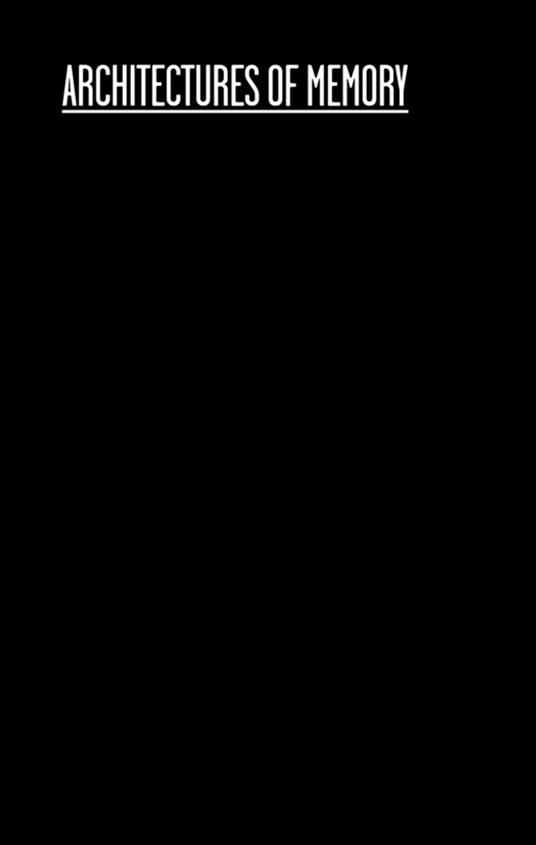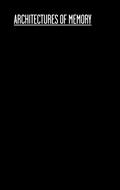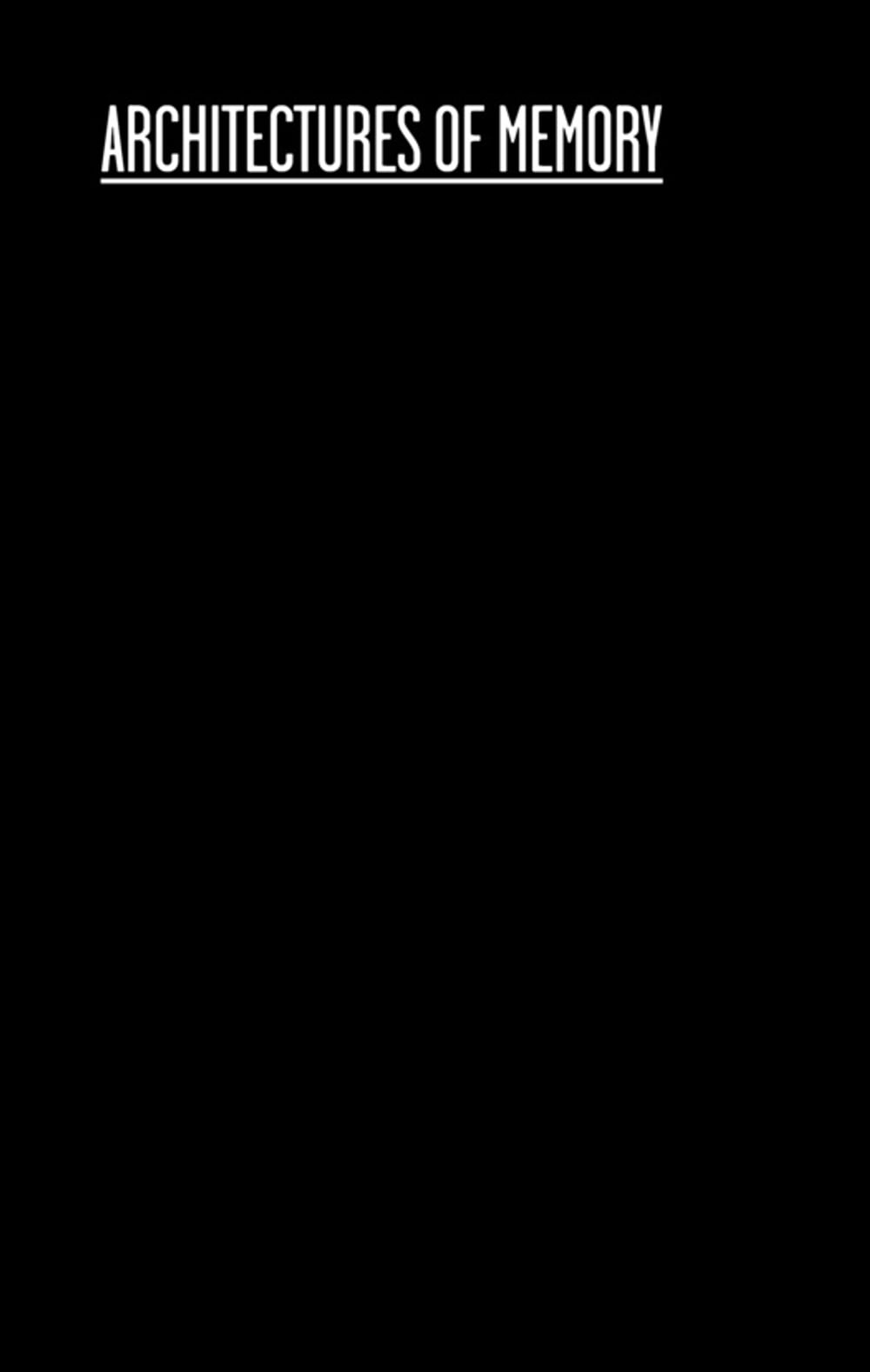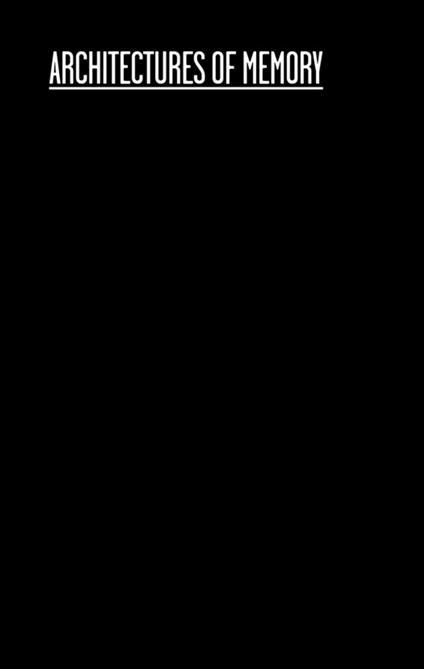Architectures of Memory
The transitional situation that we are experiencing, which brings together a book culture with a culture of the screen, is gradually shifting us from a graphic reason to a computational one. In the same way that writing has made it possible to generate a particular mode of thought, where lists, tables and formulas have played a primordial role in the modeling of knowledge. With digital technology, other systems of knowledge are being invented, shaping of information and its transmission. Indeed, the development of the network, of a vast cyberspace, induces a particular rationality based on calculation rather than writing, which is the only way to make it intelligible. It is therefore understandable that memory architectures, in their contemporary, essentially digital, actualization are at the heart of a transformation of the human mind. It is still too early to determine exactly what is going on with this transformation, but it is important now to trace the contours of this situation and to explore trails that may mark out some of its most salient aspects.
-
Autore:
-
Anno edizione:2022
-
Editore:
-
Formato:
-
Lingua:Inglese
Formato:
Gli eBook venduti da Feltrinelli.it sono in formato ePub e possono essere protetti da Adobe DRM. In caso di download di un file protetto da DRM si otterrà un file in formato .acs, (Adobe Content Server Message), che dovrà essere aperto tramite Adobe Digital Editions e autorizzato tramite un account Adobe, prima di poter essere letto su pc o trasferito su dispositivi compatibili.
Cloud:
Gli eBook venduti da Feltrinelli.it sono sincronizzati automaticamente su tutti i client di lettura Kobo successivamente all’acquisto. Grazie al Cloud Kobo i progressi di lettura, le note, le evidenziazioni vengono salvati e sincronizzati automaticamente su tutti i dispositivi e le APP di lettura Kobo utilizzati per la lettura.
Clicca qui per sapere come scaricare gli ebook utilizzando un pc con sistema operativo Windows




